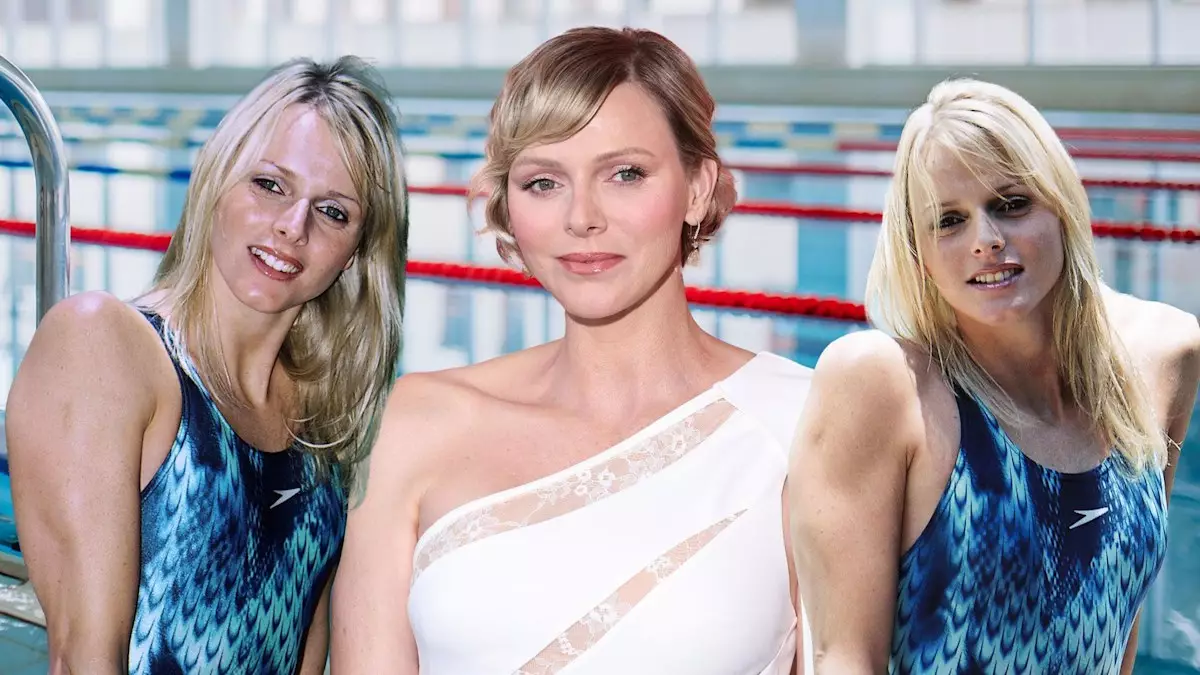Princess Charlene of Monaco, formerly known as Charlene Wittstock, has a strong athletic background that has contributed to her toned physique. Before her marriage to Prince Albert in 2011, she was an Olympic swimmer for South Africa, participating in the 2000 Olympics as well as the 1998 and 2002 Commonwealth Games. Her passion for sport and the discipline it instilled in her has remained a significant part of her life, even after retiring from professional swimming in 2007.
Training at such a high level as a professional swimmer requires a significant amount of cardiovascular fitness. Princess Charlene’s training would have focused on improving her VO2 max, which measures the maximum amount of oxygen her body can consume during exercise. This type of training includes dynamic cardio activities such as sprinting, spinning, and HIIT circuits to support her performance in the pool.
Even after retiring from competitive swimming, maintaining stamina and endurance is vital for Princess Charlene’s overall fitness. Activities like long-distance running or cycling can help her keep her cardiovascular health in check. Additionally, building strength and power in her muscles, especially in her core, is crucial for activities that require stability and technique, like swimming strokes.
One of Princess Charlene’s signature features is her toned arms, which were essential for her success in swimming. To maintain lean muscle mass in the arms, consistent weightlifting is recommended, with progressive overload to continue challenging the muscles. Hypertrophy training, consisting of 3-4 sets of 10-12 reps of each exercise, three times a week, can help build and tone the muscles effectively.
After giving birth to twins in 2014, Princess Charlene likely incorporated a postpartum fitness routine into her lifestyle. This routine may focus on pelvic floor rehab, functional mobility, and low-impact exercises to ease back into physical activity. As women approach menopause, maintaining lean muscle mass becomes even more critical, as it supports the muscular-skeletal system and helps prevent bone density loss.
A successful training program is incomplete without a balanced diet to support overall health and fitness goals. Princess Charlene likely follows a diet that meets her protein requirements while incorporating other essential nutrients. High-quality protein is vital for maintaining muscle mass and function, which is crucial for bone health, especially as women age and face the risk of osteoporosis.
Princess Charlene’s secrets to maintaining a toned and athletic physique involve a combination of regular exercise, including cardiovascular and strength training, along with a balanced diet rich in essential nutrients. Her background as an Olympic swimmer has laid the foundation for her commitment to fitness and health, which continues to be a significant part of her royal lifestyle.

